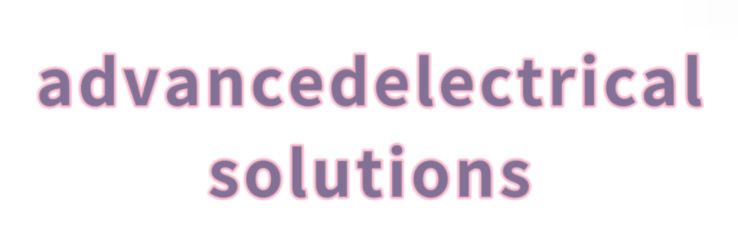what is a toggle
In the realm of digital interfaces and user experience design, a common element encountered is a mechanism that allows users to switch between two states. This interactive component is often referred to as a toggle. Understanding what is a toggle is essential for both developers and users as it simplifies operations across various platforms and applications.
If you are looking for more details, kindly visit what is a toggle.
Definition and Functionality
A toggle acts as a switch that can turn options on or off. It typically represents binary choices, such as enabling or disabling features, starting or stopping processes, or switching settings between two distinct options. The visual representation of a toggle can vary, but it usually features a sliding knob or button that users can click or swipe to initiate their desired action.
Types of Toggles
There are several types of toggles that cater to various functionalities. These include:
- Checkbox Toggles: Often represented as a checkbox, this type permits users to select or deselect an option, providing a straightforward way to indicate choices.
- Slide Toggles: These allow for a more dynamic interaction by enabling users to drag a slider between two endpoints, enhancing decision-making in a visually appealing manner.
- Button Toggles: Similar to traditional buttons, this type activates an option upon clicking, commonly utilized in mobile applications and websites.
User Experience and Design Considerations
When implementing toggle switches, it's crucial to ensure clarity and usability. Users should intuitively understand what each toggle does and the impact of their choice. An effective toggle includes clear labels, such as "On" or "Off," that provide immediate context to users, enhancing the overall user experience.
Additional reading:7 Key Benefits of Using IP Rated Limit Switches in Automation
Accessibility in Toggle Design
Accessibility is a vital aspect of designing toggles. Consideration for users with disabilities is paramount. Implementing keyboard navigation and providing screen reader support can significantly enhance access. Using sufficient color contrast and larger toggle elements can also improve usability for individuals with visual impairments.
Best Practices for Using Toggles
To maximize effectiveness, consider the following best practices when utilizing toggles:
- Limit Options: Focus on essential features to prevent overwhelming users. Too many toggles can dilute the significance of each option.
- Provide Feedback: Immediate visual feedback upon interaction assures users that their action has been recognized, fostering confidence in using the feature.
- Mobile Optimization: Ensure that toggles are easy to use on smaller screens, optimizing touch responsiveness and size for mobile users.
Common Applications of Toggles
Throughout digital platforms, toggles find application in a variety of areas, including settings pages, user profiles, and dashboards. In software applications, they can manage notifications, privacy settings, and account functionalities, creating a seamless experience for users when switching between different modes.
Conclusion
In summary, understanding what is a toggle extends beyond its definition to encompass its design, functionality, and impact on user experience. With thoughtful implementation, toggles can greatly enhance interactive interfaces, making them indispensable tools in modern user interface design. By adhering to best practices and prioritizing accessibility, developers can create intuitive toggles that empower users and improve overall satisfaction.
Are you interested in learning more about toggle switch dpst? Contact us today to secure an expert consultation!


Comments